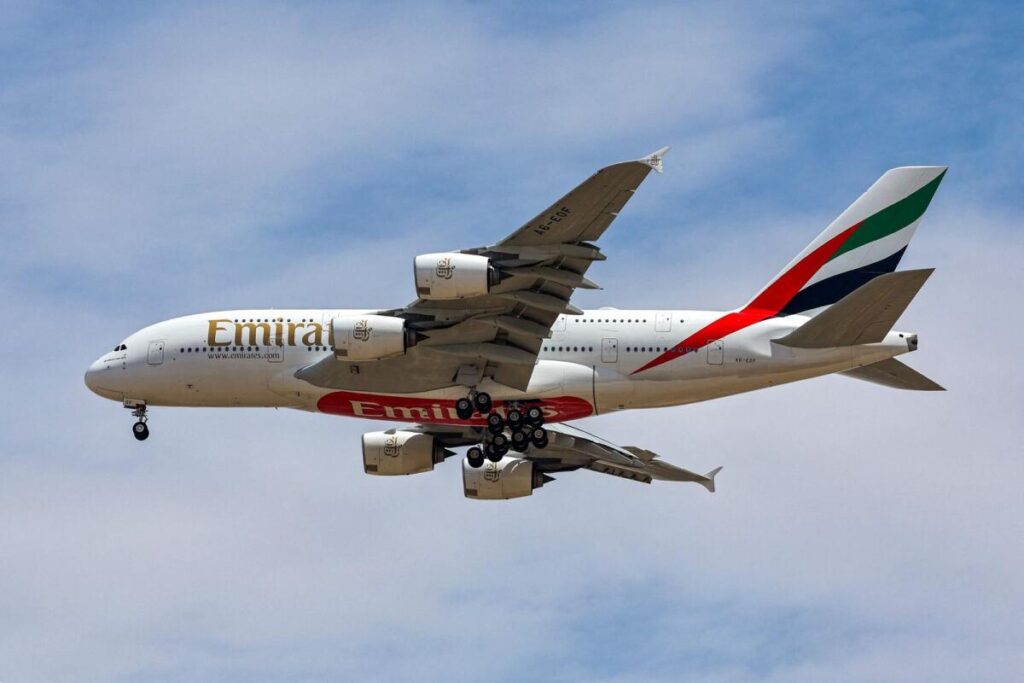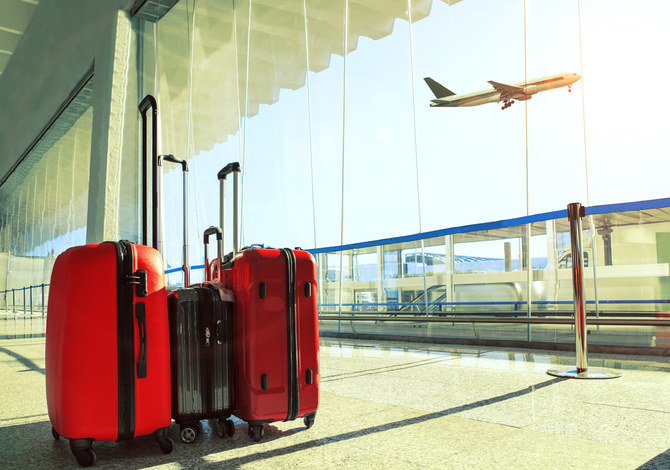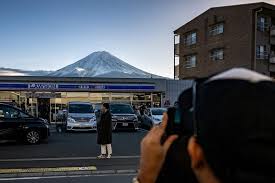
ZANZIBAR (DPA): The global COVID-19 pandemic may have pushed most tourist hotspots to closure, but not Zanzibar. The Indian Ocean island holiday paradise, adapted and stayed open, and things are somehow still extremely relaxed.
In the shade of a mango tree outside Zanzibar City, a band plays a lunchtime concert to a group of tourists.
Clad in a cheerful yellow suit, violinist Buja Ali’s performance is a moment of brightness amid the pandemic.
His audience of 20 are mostly tourists from Germany, Poland and the United States, alongside a couple of locals. All are enjoying a picnic not far from the capital.
Mwatima Juma heads the farm that is hosting the concert. She has set out a buffet of Swahili specialties for the guests, laid out on bast mats. There’s everything from bananas in coconut sauce to chicken curry, all raised here on site.
Juma has a doctorate in agro-economics and is a role model for many. She set up a vegetable delivery service in Zanzibar for households and hotels.

She is also the mother of the new Economy Minister Mudrick R. Soraga, who plans to boost the sale of holiday homes on Zanzibar with tax breaks and resident visas.
That pioneering spirit is present in much of Zanzibar. Two brothers from Leipzig, Sebastian and Tobias Dietzold, the sons of a missionary, were raised in Africa and have started building a green city called Fumba Town near the capital.
Rather than using asphalt, they are paving the roads with cobblestones, to better allow rainwater to seep into the ground. They plan to recycle 94% of waste created there.
The Dietzolds have a further project on the east coast, where they are building holiday flats using ecological wood surrounding an artificial lagoon. They’re hoping to attract global travelers and have even set up co-working areas on shady roof terraces.
Zanzibar has taken a determined stance through the pandemic. During the first winter of the coronavirus outbreak in January to March 2021, some 142,263 tourists sat out the cold weather there, enjoying the scenery, entry data shows.

Most of the travelers came on special flights from Russia and other Eastern European countries, and hadn’t been tested for COVID-19.
That policy changed dramatically after the deaths of Zanzibar’s vice president, Seif Sharif Hamad, and the president of Tanzania, John Magufuli, one definitely from COVID-19 and the other likely also.
That drove Prime Minister Samia Suluhu Hassan to alter the entry rules. Now, anyone seeking to enter the country must first test negative for the virus with a PCR test.
However, much of life in Zanzibar has returned to normal and the rules are relatively relaxed. Few people could be seen wearing masks during the pandemic’s recent, second winter. Meanwhile many hoteliers are reporting that they are fully booked.
With tropical temperatures around 30 degrees Celsius (86 degrees Fahrenheit), much of life takes place outdoors anyway in Zanzibar, from picnics to strolling around the old town or taking a tour of spice farms.

The appeal and the pleasures of Zanzibar are relatively simple and accessible, unlike the luxuries available in other Indian Ocean islands such as the Maldives, Seychelles and Mauritius.
Tourists in Zanzibar can buy home-made soaps made of seaweed in souvenir shops, listen to bands playing at beach clubs, or watch the sunset with a cool glass of wine on the terraces of historic Arab-Indian trading palaces.
The loveliest of these terraces may be the one run by the Emerson Group, which has two boutique hotels and restaurants in the old town, featuring traditional menus, red velvet seating and Taarab music, a style traditional in the region.
Visitors head up the century-old wooden staircase to reach a spectacular view of the city. The group managed to hold onto all of its 70 employees despite the pandemic.
Or for a contrast, there’s the modern Upendo House hotel, whose fifth-floor glass pool draws youngsters for sundowners.
Zanzibar belonged to the Sultanate of Oman for 200 years before it was united with Tanganyika to form Tanzania, following a violent coup in 1964. It had only just become independent from Britain.
The island hit the headlines recently after Abdulrazak Gurnah won the 2021 Nobel Prize for literature.

His work focuses on his homeland’s colonial and post-colonial past, and address the difficult issues of identity, memory and displacement. He has lived in Britain since 1968, writing often unsettling stories about displacement and the guilt and bitterness of migration, among other themes.
One character is a sea captain who tells exotic stories to protect his young listeners from the painful realities of his past.
The old town shops are not yet featuring his books in their window displays.
Meanwhile new events, festivals and hotels have been springing up here throughout the pandemic.
Take the Romanian Sunwave electric music festival, which was relocated in its entirety from Bucharest to Zanzibar in June 2021.
The island’s finest hotel, the five-star Zuri Hotel & Spa, built by a Prague entrepreneur, also thrived during the pandemic, thanks to holidaymakers who flew in on private jets.
Now, the tourist company Tui is building the TUI Blue Bahari and is expanding the Riu hotel, in anticipation of further demand.
The authorities in Zanzibar meanwhile are still plotting their future course.
The economy minister is betting on provide luxury, eco-conscious services and is offering nine of the archipelago’s 50 islands for lease.
Networker Massoud Salim has his own vision. He has just opened a restaurant, the Archipelago Waterfront, on Stone Town’s beach, a place where locals and holidaymakers can rub shoulders over a traditional spiced coffee against the backdrop of palaces and mosques.
Zanzibar’s many pioneers are likely to ensure the steady flow of travelers continues, even despite the pandemic.
The post Zanzibar, island paradise that draws tourists despite the pandemic appeared first on The Frontier Post.








